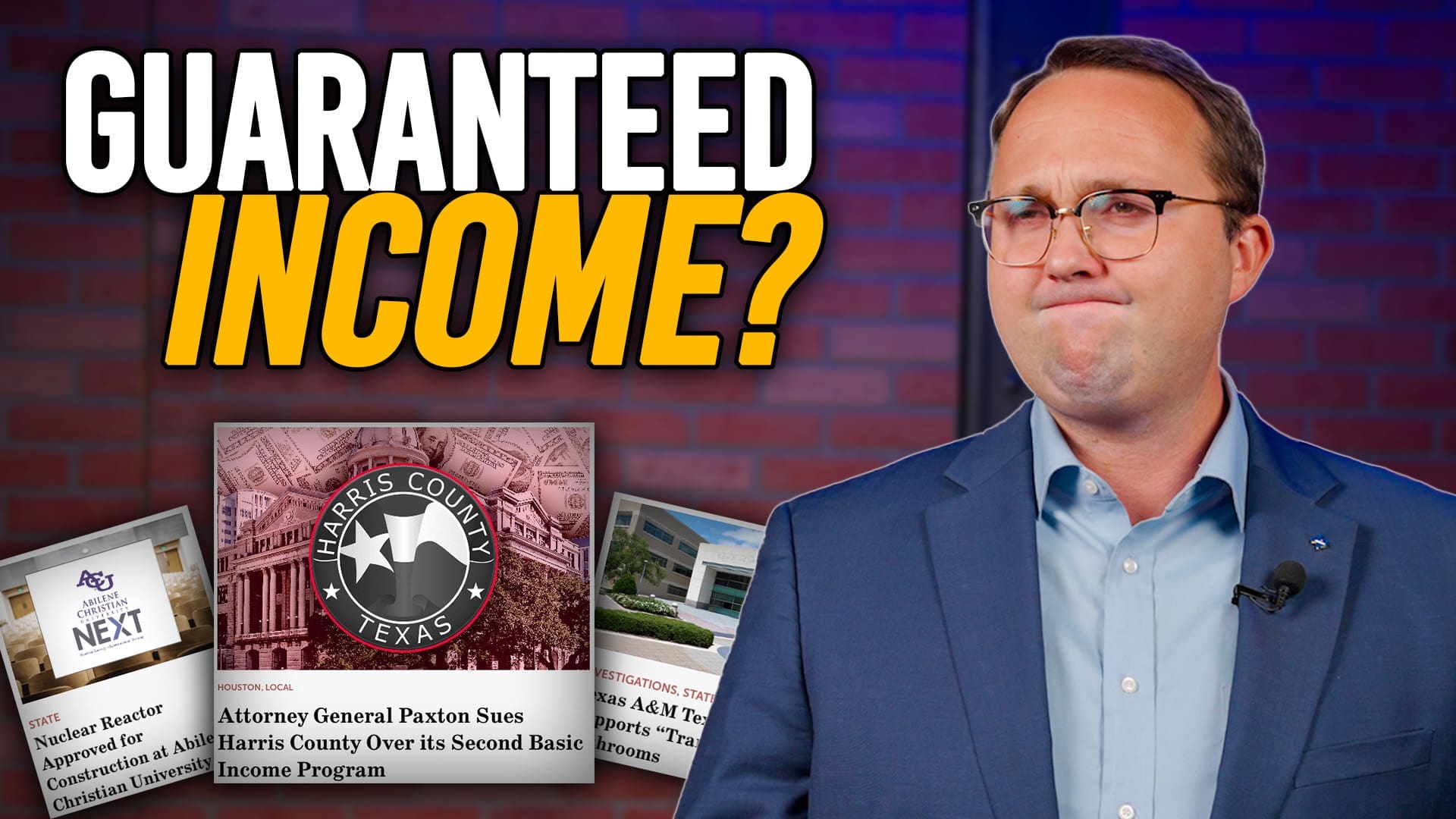Local economic development deals must be brought out of the shadows and into public view. Basic reforms would make deals between politicians and corporations more transparent by subjecting them to Texas’ existing transparency laws.
In 1999, state law was changed to exempt economic development negotiations from both the Texas Open Meetings and Public Information Acts. These exemptions don’t serve the interests of taxpayers; rather they conceal the back room dealing between politicians and corporations who feed off them. With no such exemption currently allowed for any other policy-making decision, it’s difficult to argue why the area most likely to breed corruption be kept secret.
Then again, therein lies one possible motive.
Jess Fields, a former city councilman and Senior Policy Analyst with the Texas Public Policy Foundation, stressed the significance of a return to transparent governance.
“The back-and-forth among policymakers, so common and essential to the governing process, is largely absent when it comes to discussing how public money, land, and other assets are doled out to private corporations.”
The crony Chamber of Commerce, the Texas Municipal League, and other big government-interest groups argue that “open deal making” will place neighboring cities at a strategic disadvantage with one another. But governments don’t exist to serve the convenience of politicians—they exist to serve Texas taxpayers. Fields further noted:
“Journalists and regular taxpayers alike have no access to information surrounding economic development negotiations…For this reason, the vast majority of news stories about economic development deals are done either right before, between the 72-hour agenda notice and the vote itself, or even after the deal has already passed.”
Essentially, politicians and corporations negotiate deals behind closed doors before the public and the press realize a deal is even pending. Watchdogs in the media and engaged citizenry are neutered—they exist simply to reports the details, unable to provide any scrutiny, criticism, or analysis for the public’s benefit.
The state already gives cities outrageous flexibility when it comes to the use of economic development slush funds. Ideally, cities would not be able to hand out special tax treatment to companies with political access, as economic development handouts are often paid for by the rest of the tax base.
But at the very least, taxpayers deserve transparency in the deliberation of that potentially corruptible – and expensive – process. Prior to 1999, economic-development deals were struck in full public view, a standard required of every other governing decision made by local officials.
It seems that the only pain that comes with greater transparency is that the actions of local politicians will be visible to the taxpayers footing the bill. And that’s exactly the way it should be.




